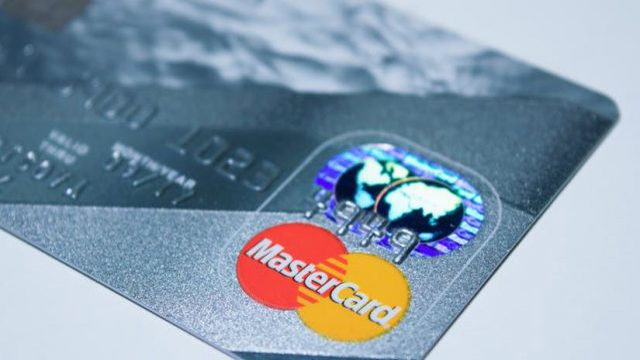Advertiser Disclosure
What is a CD?
Updated On November 1, 2021
Editorial Note: This content is based solely on the author's opinions and is not provided, approved, endorsed or reviewed by any financial institution or partner.

A CD is a certificate of deposit that you keep at a bank. When people ask “how do CDs work,” the elements of a certificate of deposit are quite simple. You deposit funds with a bank for a set number of months or years, during which time you cannot access to the withdraw the funds without paying a penalty.In exchange for leaving your funds with the bank, the banks pay you an interest rate.
The best certificate of deposit will pay a higher interest rate the longer the term of your certificate of deposit. Most CDs have fixed interest rates, rather than variable interest rates, so you will always know the yield you will earn with a certificate of deposit.
Most CDs are FDIC-insured by the Federal Deposit Insurance Corporation for up to $250,000.
When do you need a certificate of deposit?
A certificate of deposit makes sense if you want to earn a high-interest yield that is higher than a high yield savings account. However, you have to be ok not accessing any of the funds for the entire duration of your certificate of deposit. Otherwise, you will pay a penalty, which defeats the purpose of a certificate of deposit, which is to earn interest.
Therefore, you can think of a certificate of deposit as a way to earn a guaranteed return on your funds. While you cannot access your funds, the bank will use your funds to make loans or make other investments during the duration of your CD term. Therefore, the bank is essentially borrowing funds from you, and using your funds temporarily while paying you a borrowing cost represented by the interest rate.
The Best CDs are a low risk option with a low reward to help reach your savings goals.
How are the best CDs different than the best savings accounts?
When people ask “what is a CD account,” they also like to understand the difference between a certificate of deposit and savings accounts.
Here are the primary differences:
Certificate of Deposit: If you want to know how CDs work, a certificate of deposit is a savings tool and financial product that pays you a yield for leaving your money deposited with a bank. The bank will pay you a higher yield than a savings account in exchange for you not having access to your funds for the CD term. If you compare a savings account and CD, you will find that you cannot withdraw funds from a CD without paying a penalty. Therefore, if you are looking for liquidity and want access to your savings, then a savings account makes more sense. If you don’t need the funds and want to earn a higher, fixed return, then a CD may make more sense. Both a savings account and CD typically earn less than investing in the stock market based on historical average returns, although the stock market comes with more relative risk.
Online Savings Account: An online savings account offers a highyield,typically has no monthly fee and provides access to funds when you need them. The best savings accounts can offer higher annual percentage yield (APY) because the bank saves costs by not having additional or any physical branches to support online saving accounts. The primary difference between a savings account and a certificate of deposit is that the funds from a CD cannot be accessed during the term of the CD. A savings account is a great option if you are comfortable with mobile and online banking, and need access to your funds on a regular basis.
How do you find the best CD accounts?
You can find the best certificate of deposit here on Mentor. Mentor not only helps you understand what is a CD and a certificate of deposit definition, but also includes our list of the best certificate of deposit for you.
Then you can open a certificate of deposit directly through Mentor with one of our partners. It’s easy to apply for a certificate of deposit. All you will need to provide is basic information such as you name, Social Security Number, driver’s license and other contact information.



